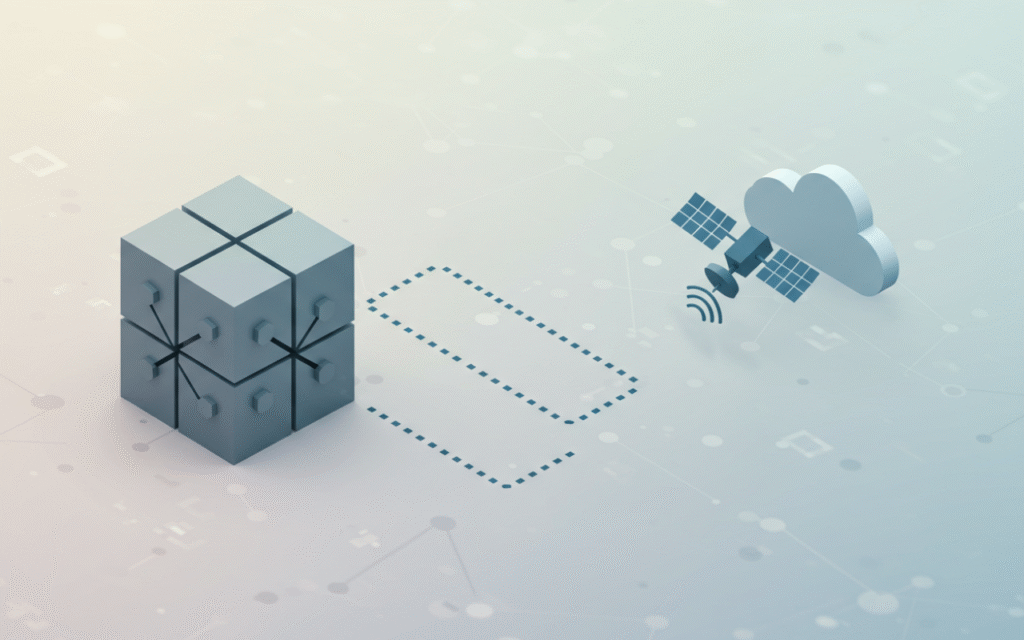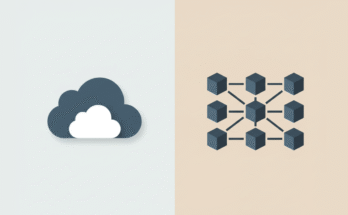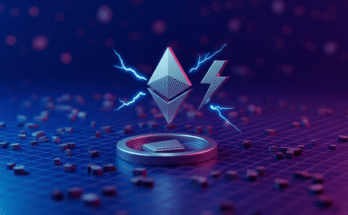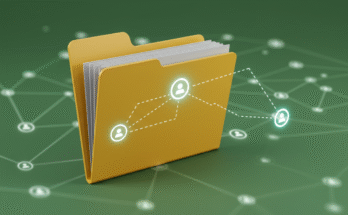Blockchain technology has revolutionized the way we think about trust, transparency, and decentralization. At the heart of this innovation are smart contracts, self-executing agreements with the terms of the contract directly written into code. They’re powerful, efficient, and secure, but there’s one catch: blockchains are inherently isolated from the outside world. This is where oracles step in as the unsung heroes of the blockchain ecosystem.
If you’ve ever wondered how smart contracts can interact with real-world data, you’re in the right place. In this post, we’ll explore what oracles are, why they’re essential, and how they’re shaping the future of blockchain technology.

What Are Oracles?
In simple terms, oracles are bridges that connect blockchains to external data sources. Blockchains operate in a closed environment, meaning they can only process data that exists within their network. This is great for security and immutability but limiting when smart contracts need real-world inputs like weather conditions, stock prices, or sports scores.
Oracles solve this problem by fetching external data and delivering it to the blockchain in a secure and reliable manner. They act as intermediaries, enabling smart contracts to interact with off-chain information while maintaining the trustless nature of blockchain systems.
Why Are Oracles Important?
Smart contracts are only as good as the data they rely on. Without oracles, their functionality would be restricted to on-chain data, severely limiting their potential use cases. Think about it: how could a decentralized insurance platform process claims based on weather conditions without knowing if it actually rained? Or how could a DeFi platform settle trades based on real-time asset prices without access to market data?
→ Oracles play a crucial role in expanding the utility of smart contracts. Here are a few reasons why they’re so important:
- Access to Real-World Data: Oracles enable smart contracts to access off-chain data like API feeds, IoT devices, or even human input. This makes them versatile and applicable to a wide range of industries.
- Automation and Efficiency: By providing real-time data, oracles allow smart contracts to execute automatically when specific conditions are met. This reduces manual intervention and streamlines processes.
- Enabling New Use Cases: With oracles, blockchain applications can go beyond just cryptocurrencies. They make decentralized finance (DeFi), supply chain tracking, insurance claims, and even gaming more robust and functional.
Types of Oracles
Not all oracles are created equal. Depending on the source of information and the method of communication, oracles can be categorized into several types:
- Inbound Oracles: These fetch data from the outside world and bring it onto the blockchain. For example, an inbound oracle might provide weather data for an agricultural insurance smart contract.
- Outbound Oracles: These work in reverse, sending blockchain data to external systems. For instance, an outbound oracle might notify a delivery company when a payment has been made on-chain.
- Software Oracles: These retrieve online information from APIs or web services, such as stock prices or flight schedules.
- Hardware Oracles: These interact with physical devices like sensors or IoT gadgets to provide data from the real world. For example, a hardware oracle might verify temperature readings in a supply chain.
- Human Oracles: In cases where automated systems aren’t sufficient, human oracles can provide input by verifying and submitting data manually. While less common, they’re useful for subjective or complex scenarios.
The Challenges of Oracles
While oracles are indispensable for smart contracts, they’re not without their challenges. Let’s take a look at some of the key issues:
- Trust and Centralization: A single oracle acting as the sole source of truth can become a central point of failure. If compromised, it could feed false data to smart contracts, leading to incorrect outcomes.
- Data Integrity: Ensuring that the data provided by an oracle is accurate and tamper-proof is critical. This is especially important for high-stakes applications like financial transactions or legal agreements.
- Latency: Some use cases require near-instantaneous data delivery. Delays in oracle responses can disrupt the functionality of time-sensitive smart contracts.
- Cost: Fetching external data and securing it can be resource-intensive, which may lead to higher costs for users.
Decentralized Oracles, A Solution to Centralization
To address these challenges, decentralized oracles have emerged as a more secure alternative to traditional (centralized) oracles. Instead of relying on a single source of truth, decentralized oracles aggregate data from multiple sources and use consensus mechanisms to ensure accuracy.
One popular example is Chainlink, a decentralized oracle network that has become a cornerstone of the blockchain ecosystem. By using multiple independent nodes to fetch and verify data, Chainlink minimizes the risk of manipulation and enhances trustworthiness.
Decentralized oracles not only improve security but also align with blockchain’s core principle of decentralization. They’re paving the way for more reliable and scalable smart contract applications.
Real-World Applications of Oracles
→ Oracles are already powering some fascinating use cases across various industries:
- Decentralized Finance (DeFi): Platforms like Aave and Uniswap use oracles to fetch real-time price feeds for cryptocurrencies and other assets.
- Insurance: Parametric insurance platforms utilize weather data from oracles to automate payouts for events like hurricanes or droughts.
- Supply Chain Management: Oracles can track goods through IoT sensors, ensuring transparency and accountability in global supply chains.
- Gaming and NFTs: Blockchain-based games use oracles to incorporate random number generation (RNG) or external events into gameplay mechanics.
- Prediction Markets: Platforms like Augur rely on oracles to resolve bets based on real-world outcomes such as election results or sports scores.
The Future of Oracles
As blockchain technology continues to evolve, so too will oracles. We’re already seeing advancements in areas like zero-knowledge proofs for privacy-preserving data delivery and AI-powered oracles for more intelligent decision-making.
In the future, we can expect oracles to become even more decentralized, scalable, and interoperable across multiple blockchains. With these improvements, smart contracts will unlock new levels of innovation across industries we haven’t even imagined yet.
Conclusion
Oracles may not always be in the spotlight, but they’re undeniably one of the most important components of blockchain technology. By bridging the gap between blockchains and the real world, they empower smart contracts to reach their full potential.
Whether you’re a blockchain enthusiast or just curious about how this technology works behind the scenes, understanding oracles is key to appreciating the vast possibilities of decentralized systems. As we look ahead, it’s clear that these humble bridges will play a pivotal role in shaping the future of Web3.



